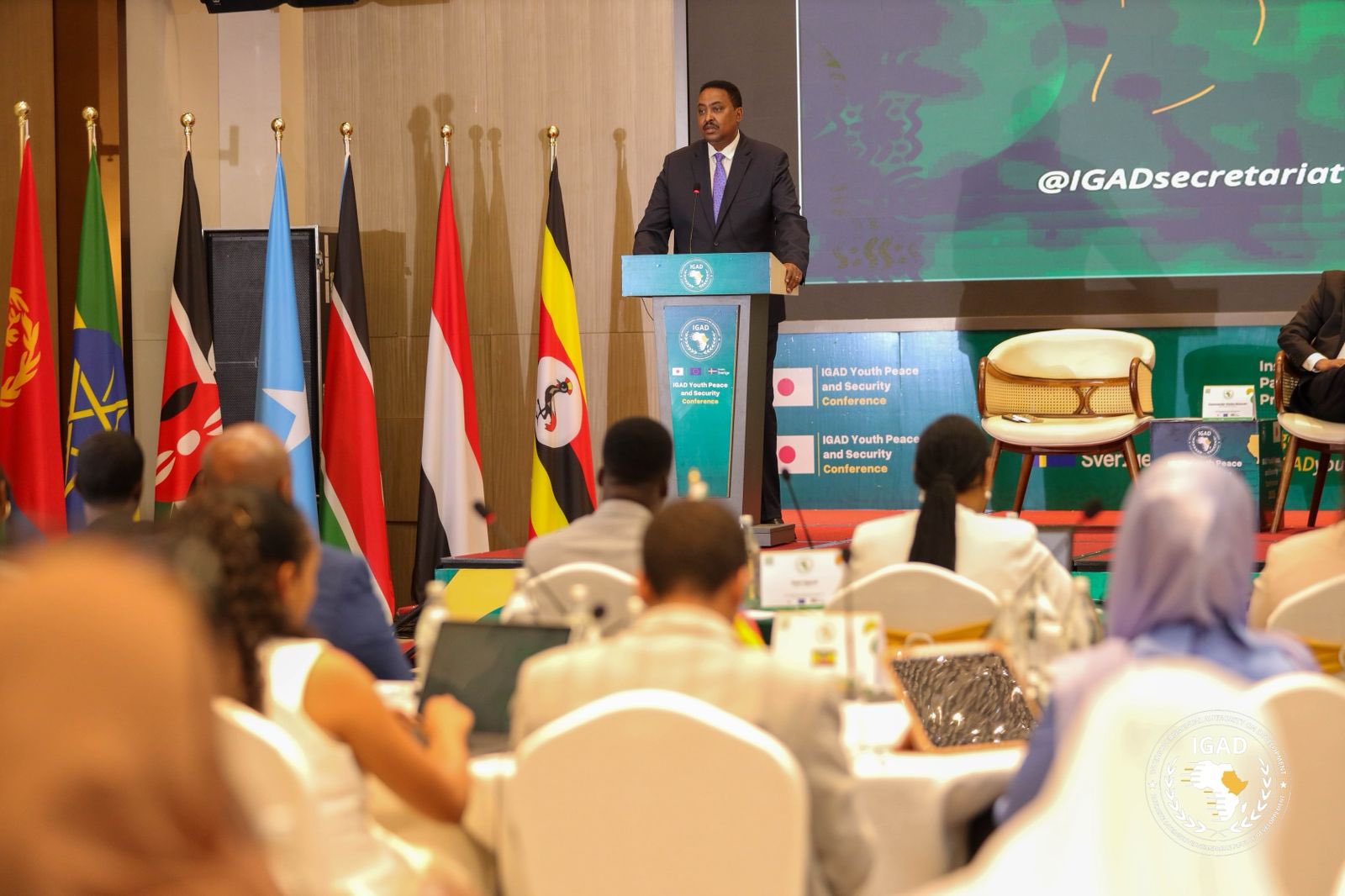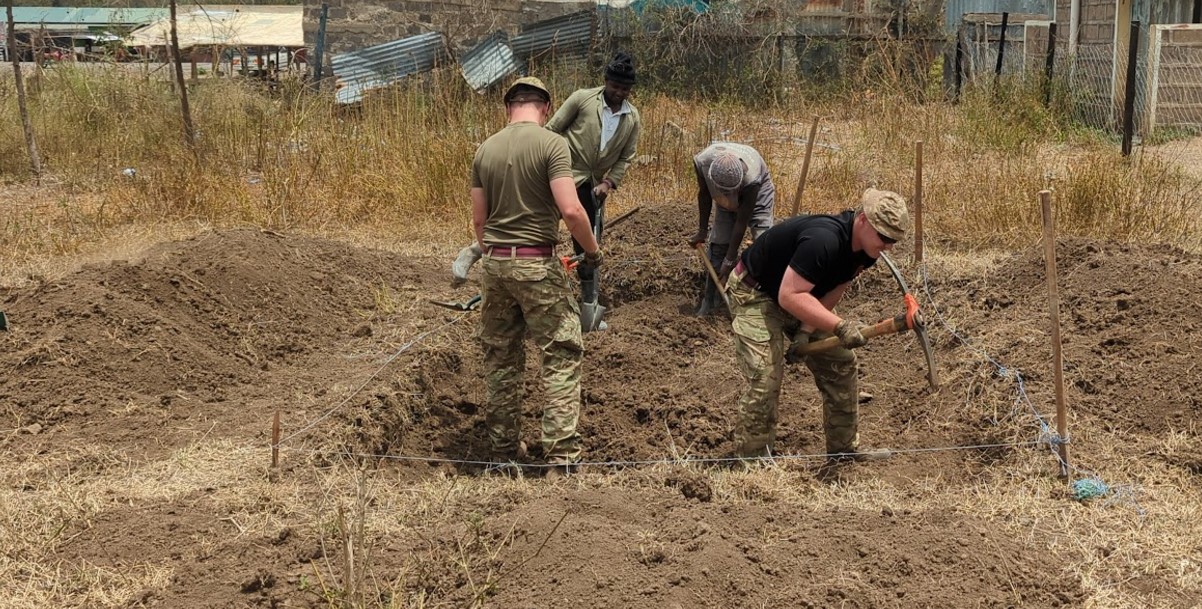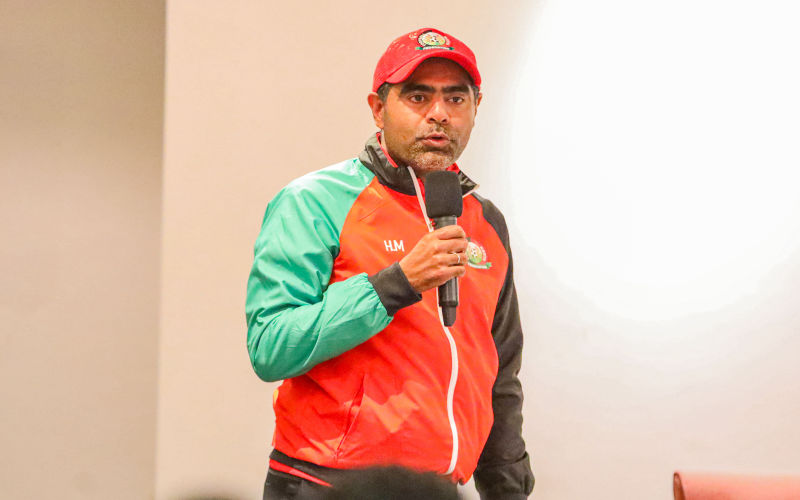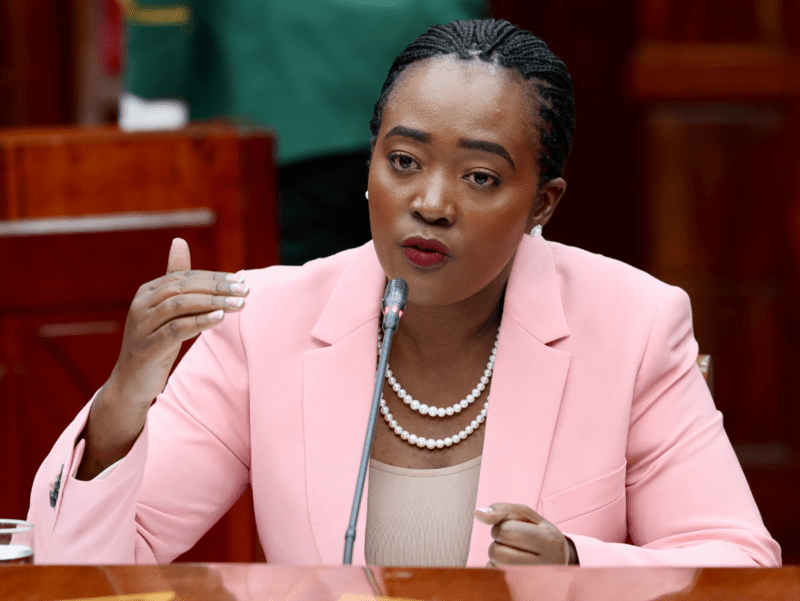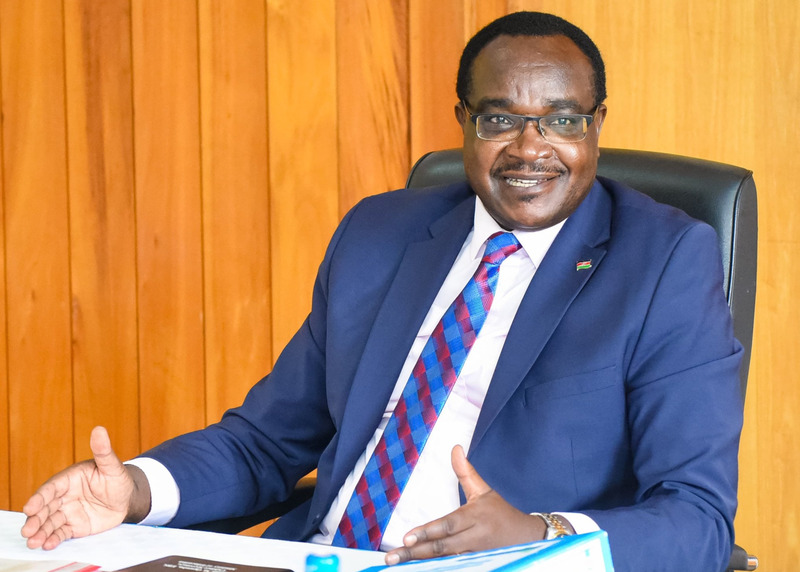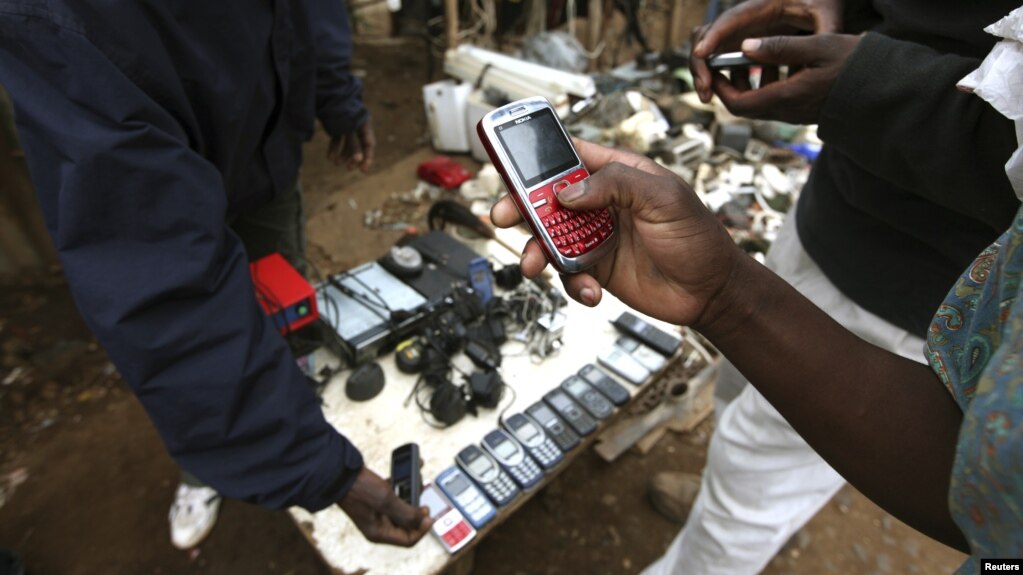How pullout of USAID may worsen Kenya's disease burden
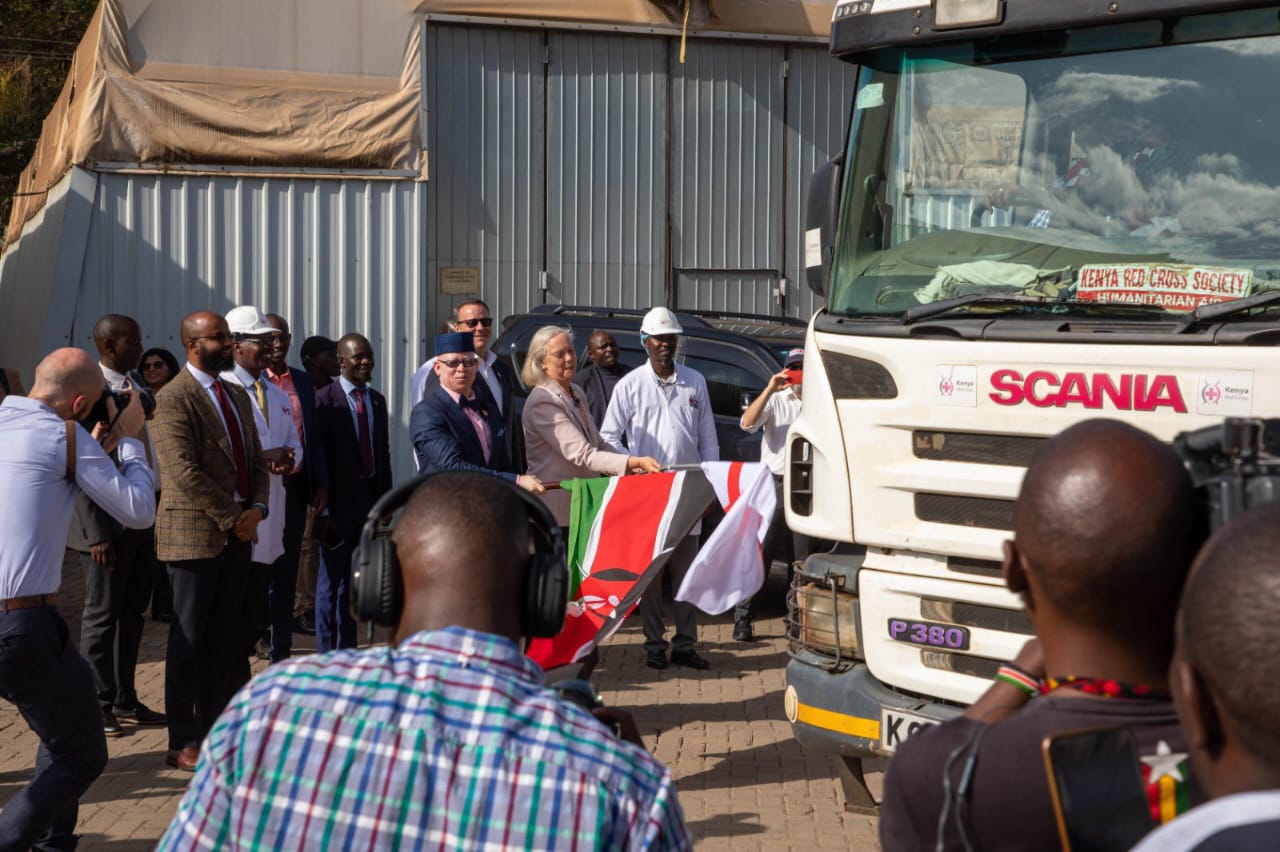
Trump’s Stop-Work Order, signed last month, has temporarily suspended all US foreign assistance programmes for 90 days pending a policy review. The move affects over 20 million people globally, including Kenyans under the President’s Emergency Plan for AIDS Relief (PEPFAR) and USAID programmes.
When Kenya unveiled its comprehensive plan last year to tackle tuberculosis, the largest share of funds for this initiative was expected to come from non-state partners such as the United States Agency for International Development (USAID). However, the decision by US President Donald Trump to halt operations may render this impossible.
Regarding tuberculosis, the National Strategic Plan for Tuberculosis, Leprosy, and Lung Health 2023/24-2027/28 highlights Kenya’s efforts to reduce the disease burden through increased treatment coverage, case detection, and community-based interventions. Kenya is one of six African countries with a high TB burden.
More To Read
- WFP slashes food rations by 80 per cent in Kakuma, Dadaab refugee camps
- US-Kenya ties: Nairobi walks diplomatic tightrope amid deepening ties with China, Iran
- Severe aid cuts endanger lives in Ethiopian refugee camps hosting over 395,000 South Sudanese
- US halts Sh64 billion in funding for mRNA vaccine projects
- The global health system can build back better after US aid cuts – here’s how
- Rwanda agrees to take 250 migrants deported from US in bid to deepen ties with Washington
When the Eastleigh Voice checked the USAID portal, which details the donor agency's funding roadmap for TB eradication, it had been disabled, showing no available data or information.
This development is of such significance to the government that National Treasury Cabinet Secretary John Mbadi announced plans to slash the development budget to sustain critical programmes affected by a potential freeze on US foreign aid.
"We will have no alternative but to redirect part of the development budget to sustain crucial programmes that could be starved of funds if the US halts foreign aid," said Mbadi.
He assured Kenyans that measures were already in place to ensure key health programmes, particularly those dependent on donor support, remain operational.
"Health programmes such as HIV treatment are essential for saving lives, and the government will ensure they continue uninterrupted," he added.
Trump’s Stop-Work Order, signed last month, has temporarily suspended all US foreign assistance programmes for 90 days pending a policy review. The move affects over 20 million people globally, including Kenyans under the President’s Emergency Plan for AIDS Relief (PEPFAR) and USAID programmes.
Despite this, the Ministry of Health has assured Kenyans that there are sufficient HIV medication stocks for at least six months and is engaging development partners, international agencies, and private sector stakeholders to secure alternative funding.
"We have enough HIV commodities, including antiretrovirals and testing kits," said Director-General for Health Dr Patrick Amoth, urging those on treatment to continue accessing their medication.
Kenya relies heavily on US donor funding for health and security programmes, and Mbadi acknowledged that any withdrawal of aid would be a significant setback.
During the 2024 World AIDS Day celebrations, Cabinet Secretary for Health Dr Deborah Barasa reflected on Kenya’s progress in combating HIV and issued a renewed call to address challenges hindering the goal of ending AIDS by 2030.
A report on Kenya’s 10-year HIV progress reveals that an estimated 1.378 million Kenyans are living with HIV, with 97% receiving treatment through a robust network of 3,752 treatment sites.
Dr Barasa acknowledged the critical role of international partners such as PEPFAR, the Global Fund, and UNAIDS in supporting Kenya’s journey towards an AIDS-free future.
"Their contributions have been instrumental, but sustained collaboration at both global and local levels is essential to achieve our shared vision," she remarked.
Other Topics To Read
According to the report, Kenya has an estimated 1,378,457 people living with HIV, with a prevalence rate of 3.3%. The prevalence is higher among females (4.5%) compared to males (2.2%). Among key populations, HIV prevalence is notably higher, with rates of 29.3% among sex workers, 18.2% among men who have sex with men, and 18.3% among people who inject drugs.
The counties of Kisumu, Homa Bay, Migori, Siaya, Nairobi, Mombasa, Nakuru, and Kiambu together account for 51% of all people living with HIV in Kenya as of 2023.
"The transition from donor aid to domestic financing remains a major challenge for Kenya’s HIV response. For the 2023/2024 financial year, Kenya needed Sh21.8 billion to secure essential commodities but faced a shortfall of Sh12.8 billion," the report states.
While domestic financing for HIV increased from 32% in 2019 to 34% in 2022, Kenya needs to implement strategic interventions to fund HIV prevention and treatment beyond 2030.
A record 36 executive orders signed during Trump’s first week in office saw the US pause foreign aid for 90 days and withdraw from the World Health Organisation (WHO).
Experts have since predicted dire consequences for developing nations that heavily rely on aid from developed countries for economic sustainability.
In Kenya, the United States has disbursed over Sh80 billion annually to fund critical programmes such as PEPFAR, the Malaria Initiative, and the Global Health Security Agenda.
According to the US Department of State, Kenya received Sh83.5 billion in 2024 out of an estimated Sh90 billion.
The health sector received the largest share at Sh39.5 billion, followed by humanitarian assistance (Sh27.8 billion), economic development (Sh7.1 billion), programme support (Sh6.3 billion), and democracy initiatives (Sh1.2 billion).
A total of Sh981 million was allocated to the education sector, while Sh309 million was disbursed to maintain peace and security across the country.
For five consecutive years, the health sector has received the largest share, amounting to Sh1.89 billion. This funding has supported critical programmes such as PEPFAR and USAID, which have saved over 26 million lives in more than 50 countries by providing antiretroviral drugs, distributing vaccines, and training healthcare providers.
To put this into perspective, Kenya has received over Sh472 billion from the United States in the past five years alone, highlighting the risks of overreliance on foreign aid.
The temporary funding pause could be catastrophic for Kenya if President William Ruto’s administration fails to implement sustainable domestic financing measures.
Top Stories Today
